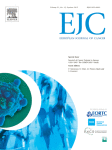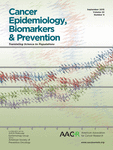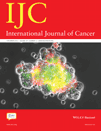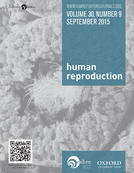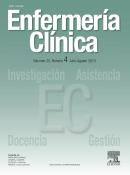Survival of women with cancers of breast and genital organs in Europe 1999–2007: Results of the EUROCARE-5 study
Background Survival differences across Europe for patients with cancers of breast, uterus, cervix, ovary, vagina and vulva have been documented by previous EUROCARE studies. In the present EUROCARE-5 study we update survival estimates and investigate changes in country-specific and over time survival, discussing their relationship with incidence and mortality dynamics for cancers for which organised…



